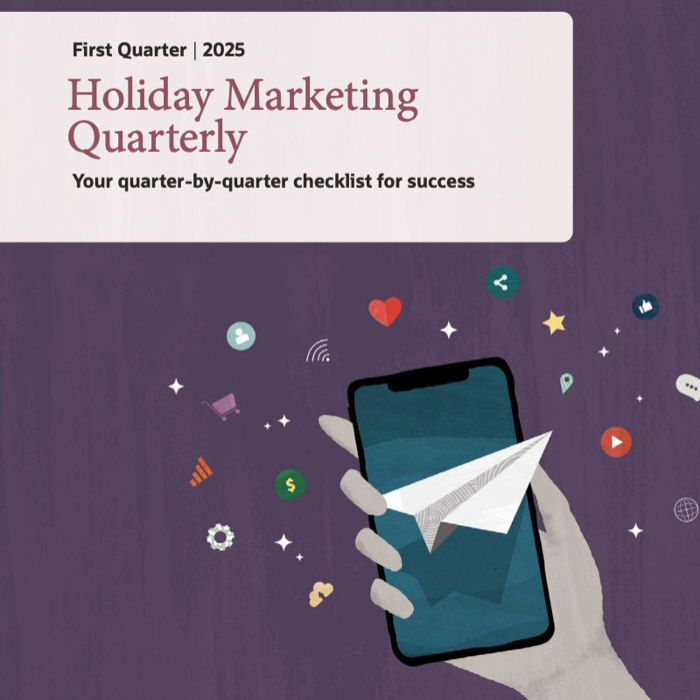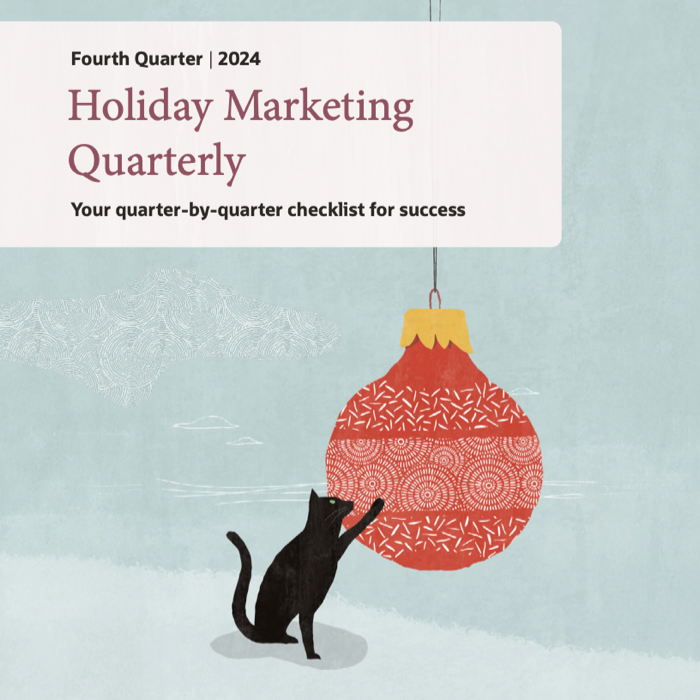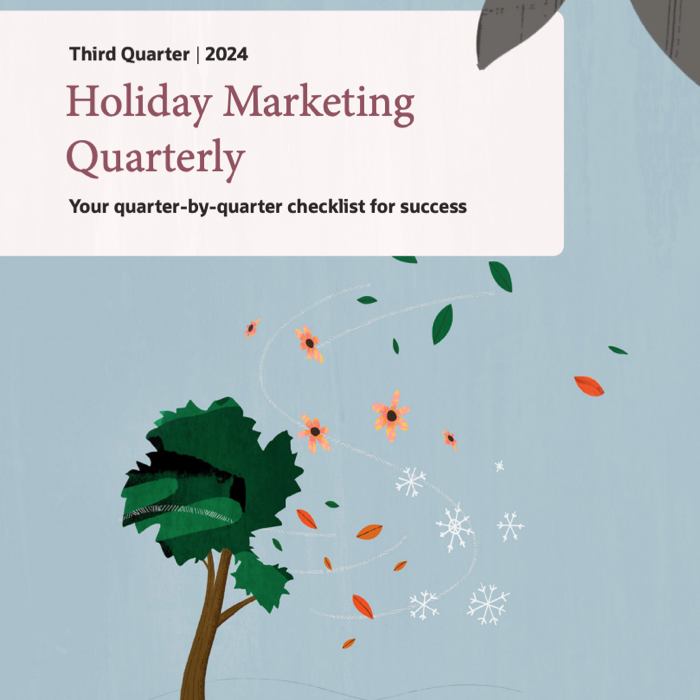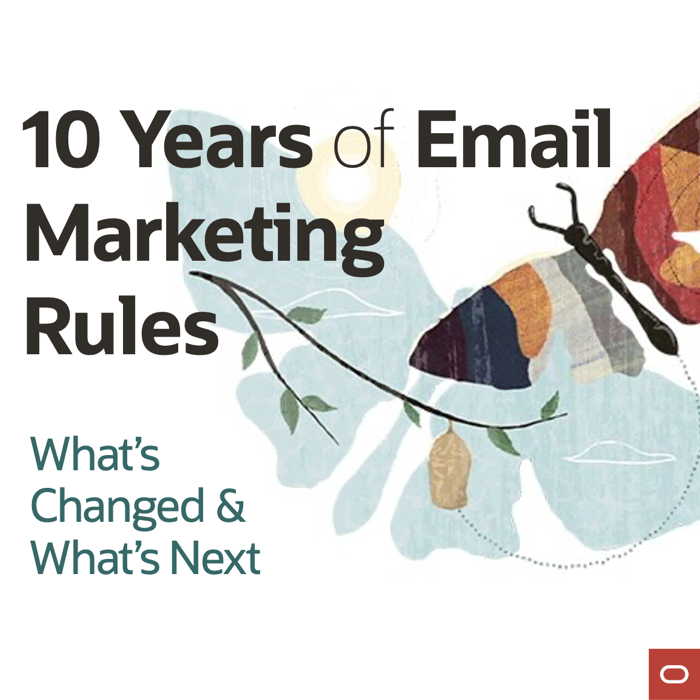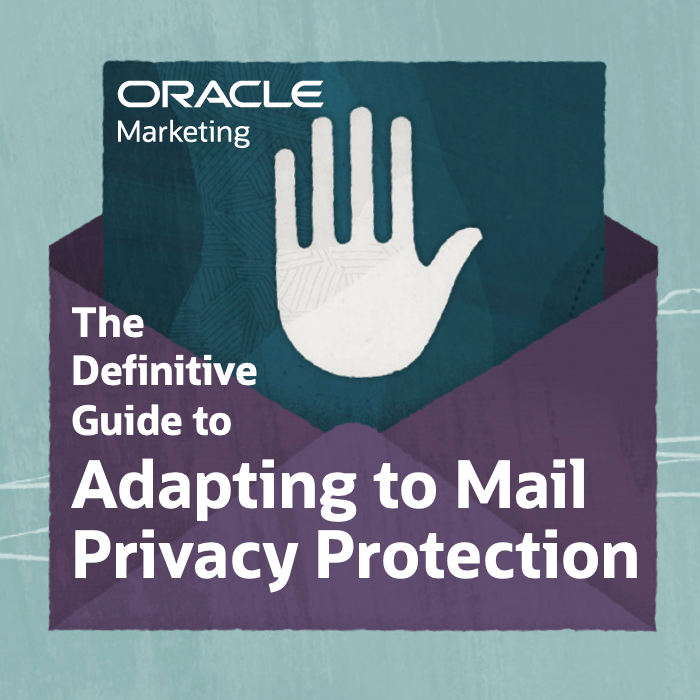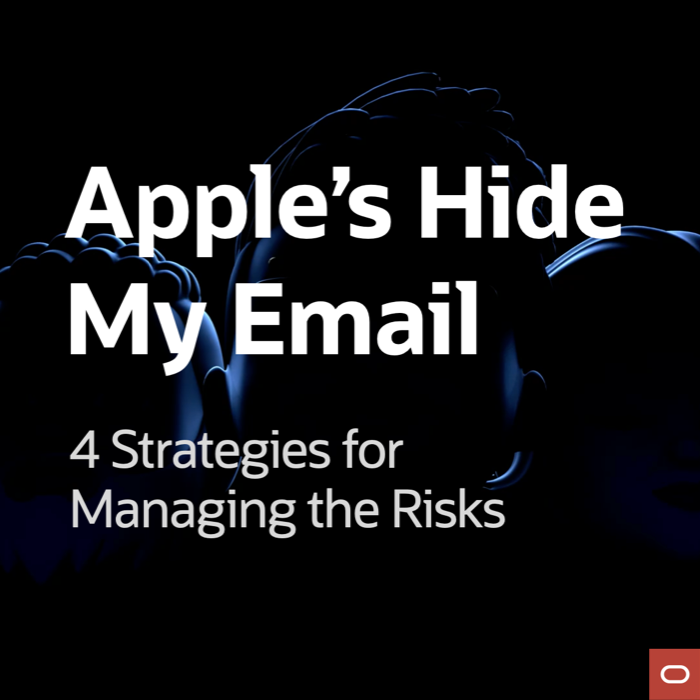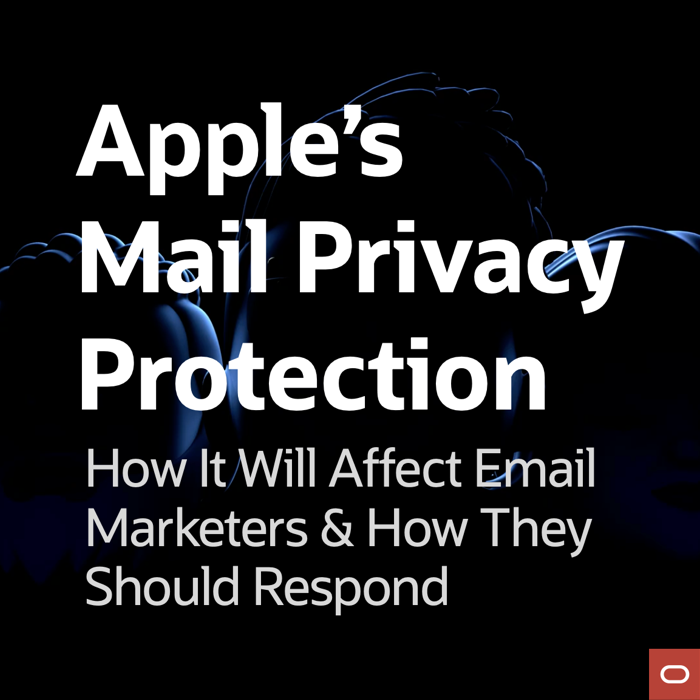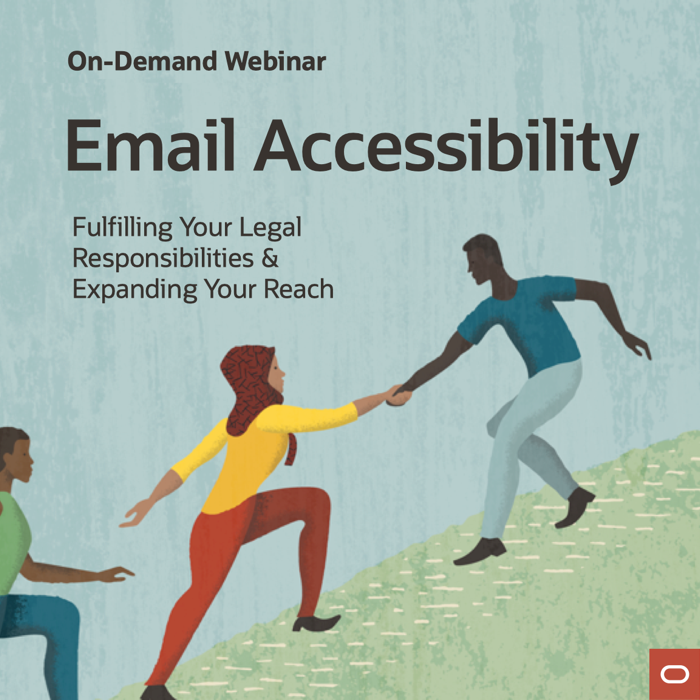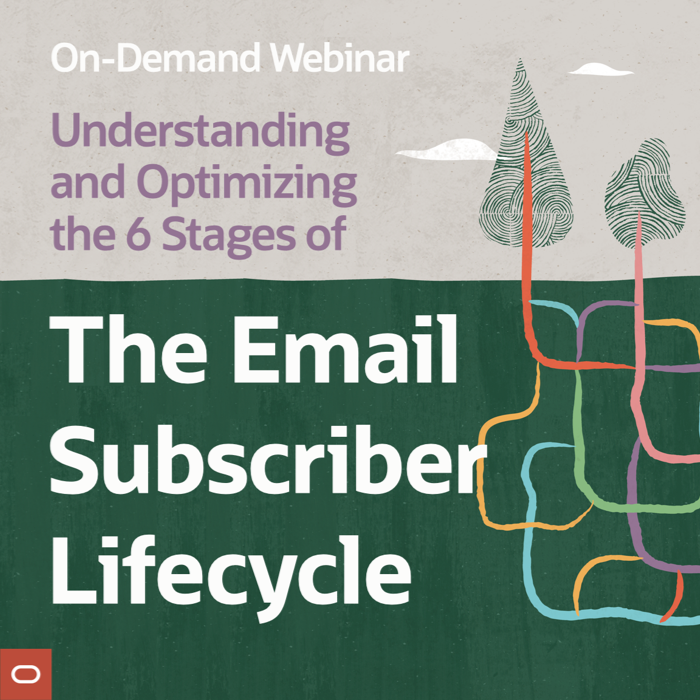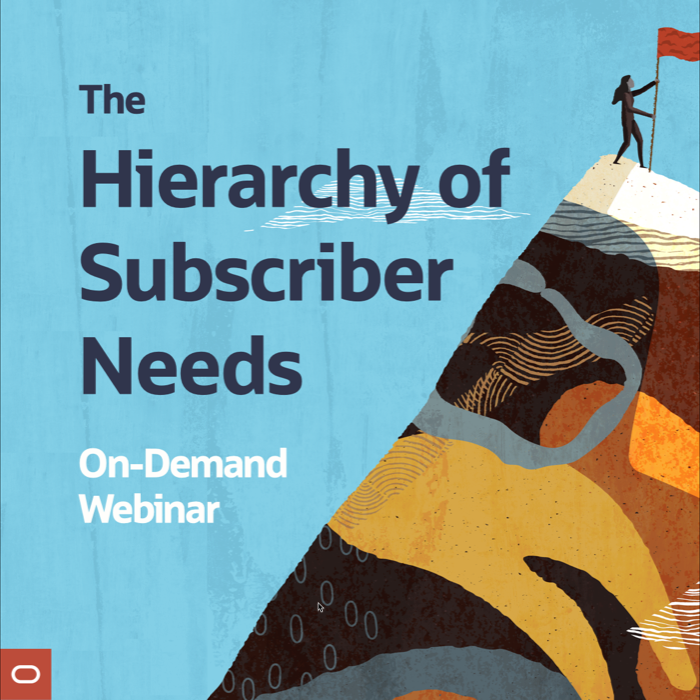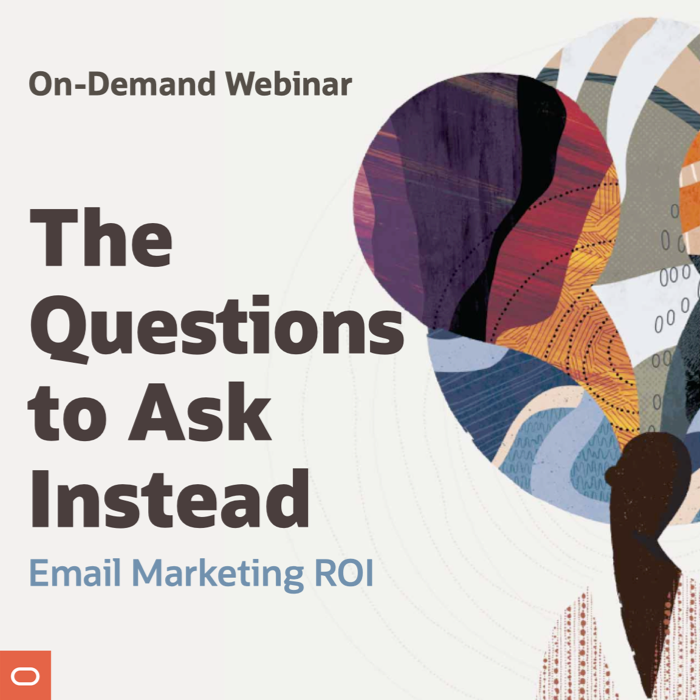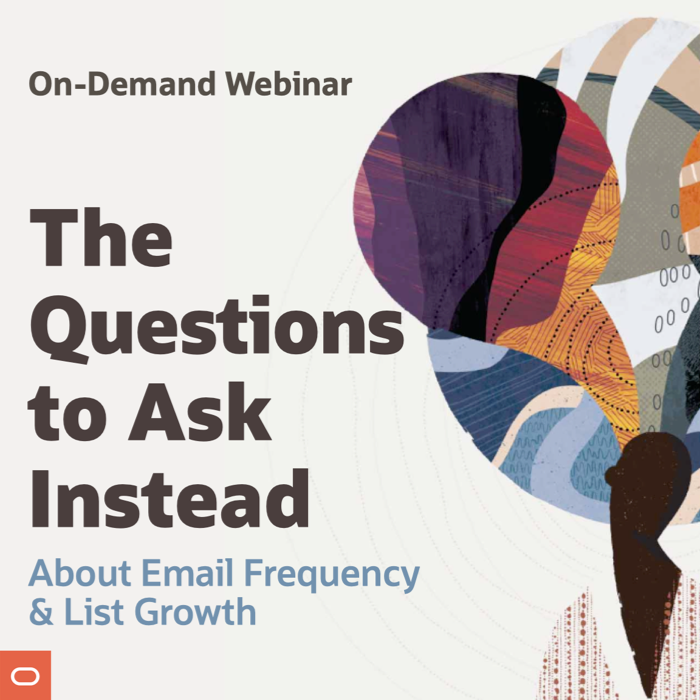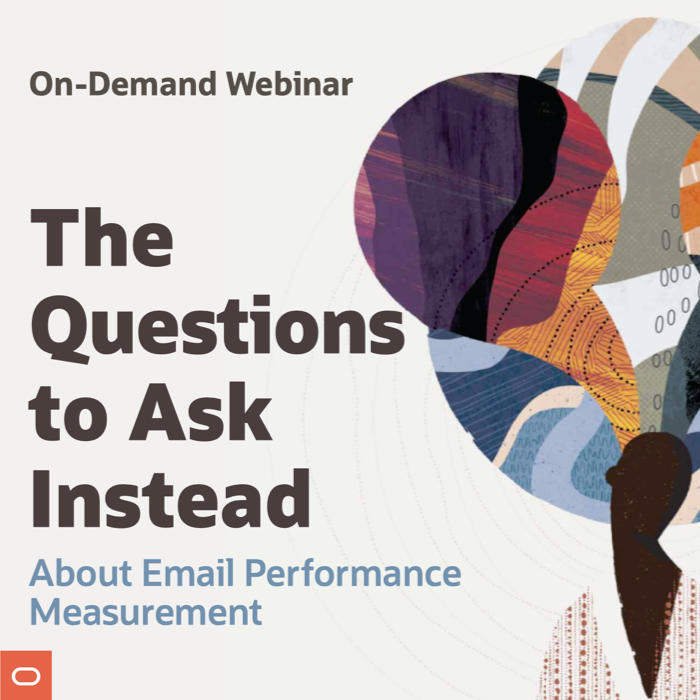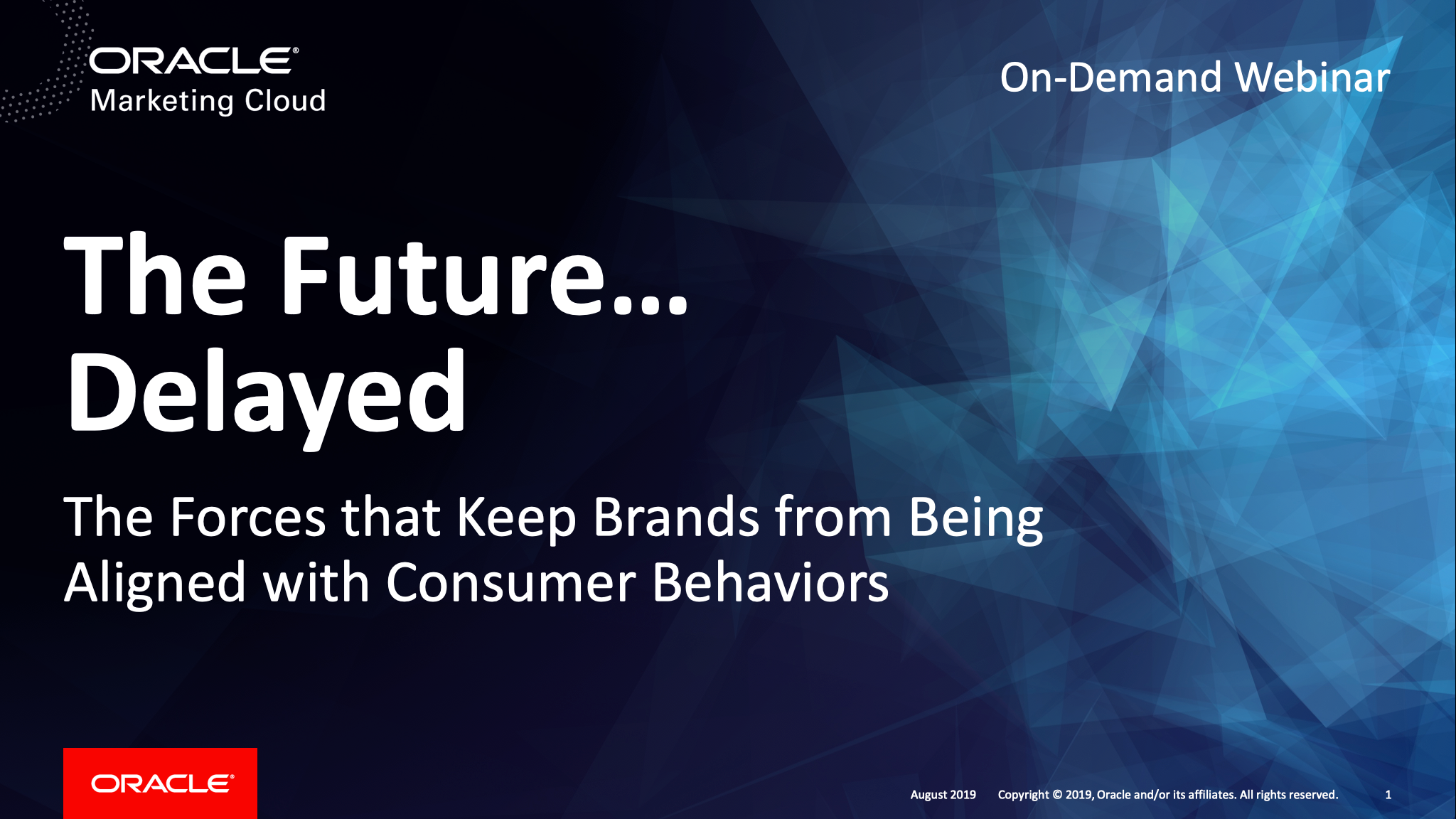How to Improve All 5 Steps of a Curbside Pickup
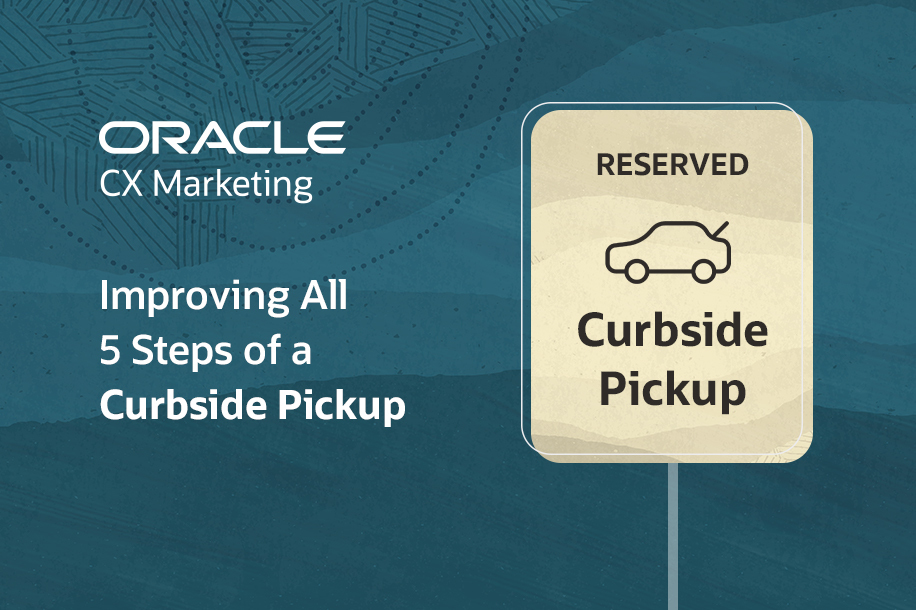
Driven by health concerns and health regulations restricting store capacities, curbside pickup has become a significant new fulfillment channel for retailers, restaurants, and other B2C brands. However, because of the sudden need for this channel, it was implemented and ramped up hastily, often with manual processes and temporary fixes that have led to some poor customer experiences.
For example, I recently placed an order online and selected curbside pickup from a local store. Later that day, I received a text and email saying that my order was ready for pickup. The next day I went to the store and clicked the link in the SMS I’d received to indicate that I had arrived.
However, when no one had come out to my car after 15 minutes, I looked at the SMS to see if there was a store number to call. There wasn’t, so I clicked the “check-in” link again and saw that the check-in landing page had defaulted me to a store location 200 miles away—where no one had bothered to call me and tell me that I’d checked in at the wrong store. I changed the store location to the one I’d sent my order to and re-checked in.
About 10 minutes later, someone comes to my car and tries to give me a product that’s a different color and brand than what I ordered. I told the associate that I didn’t want a substitution and they said that they’d find the right product. Five minutes later, they call me to say that they have the product in-stock and that it will take 10 minutes to pull it. However, 10 minutes later they call me back to say that they don’t have all of my order in stock. I decided to cancel my order, and later that day I bought from another retailer instead.
Overall, not a great customer experience. It was particularly egregious because there were breakdowns in at least three of the five steps of a curbside pickup process. Let’s talk about those five steps and the different approaches that you could take to each one…
 Email Marketing Rules
Email Marketing Rules



